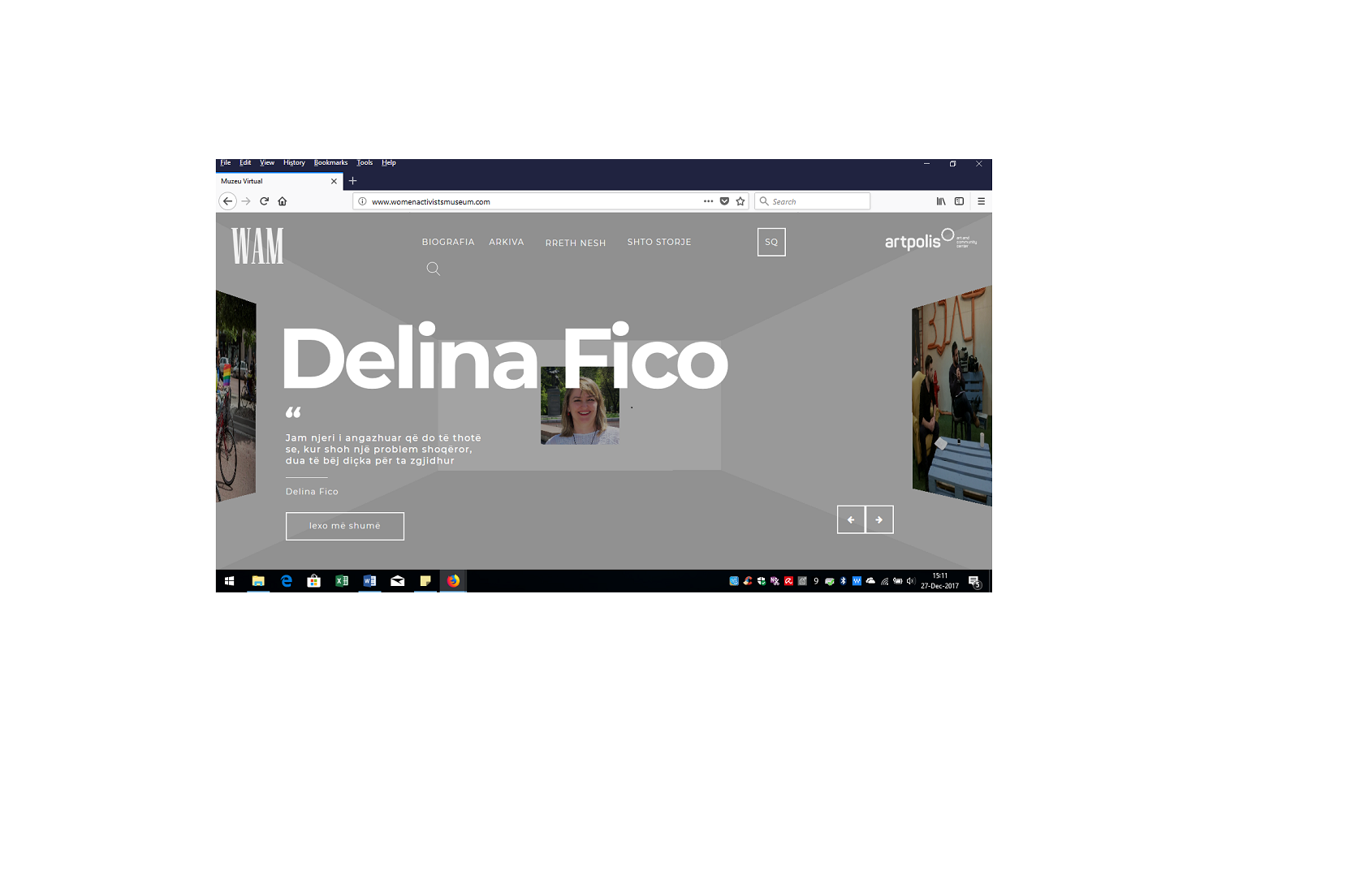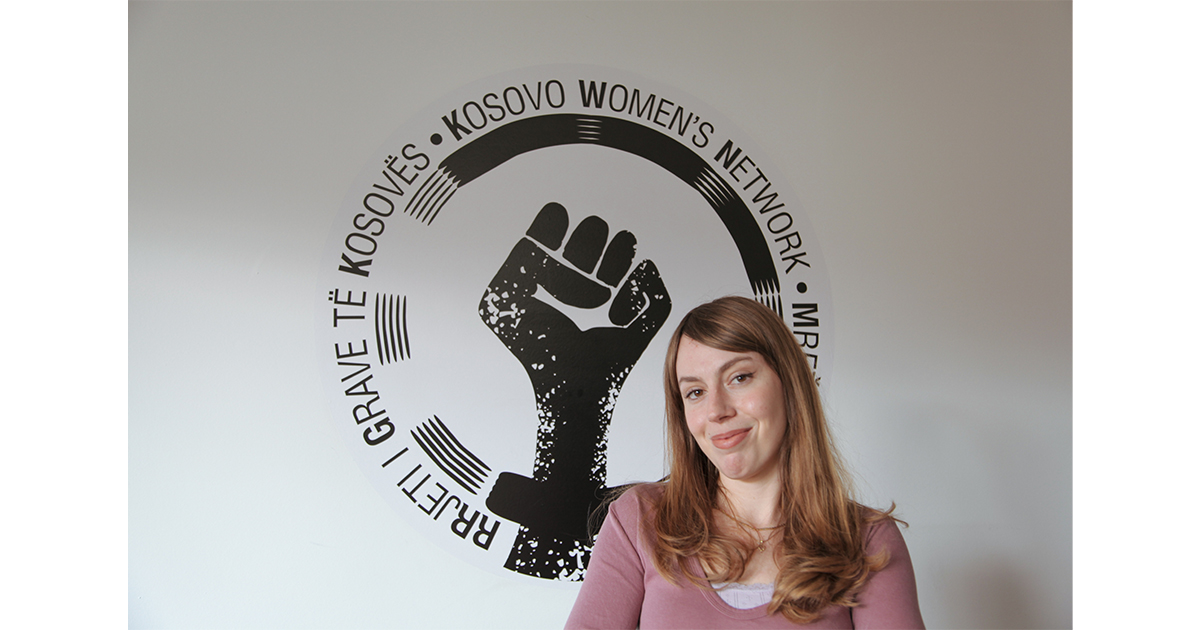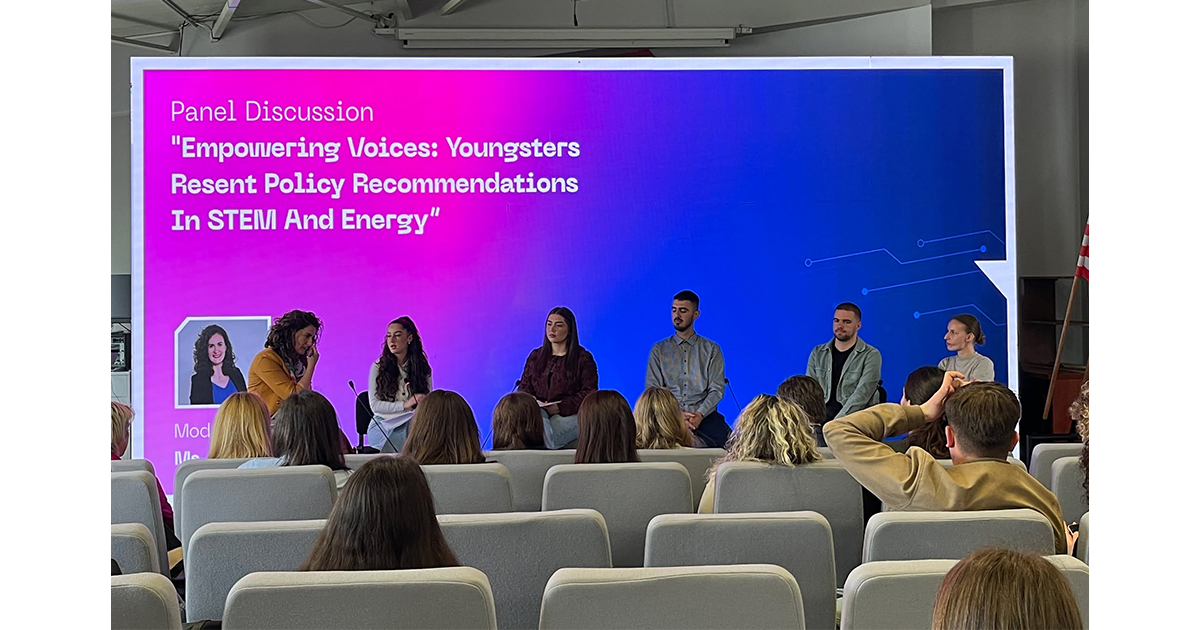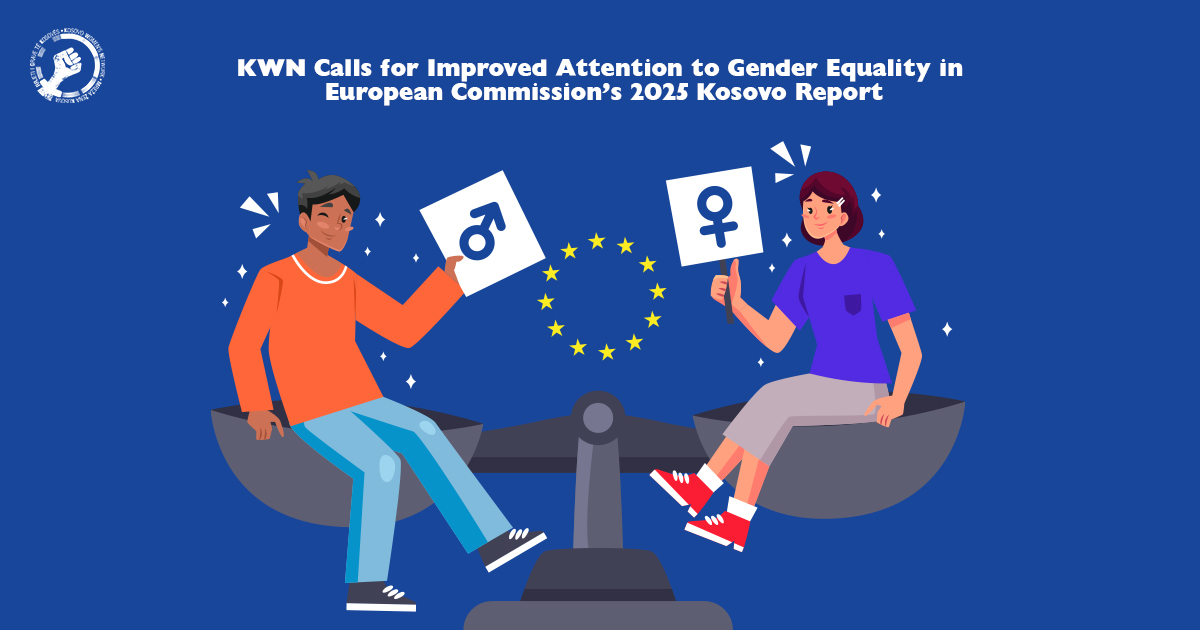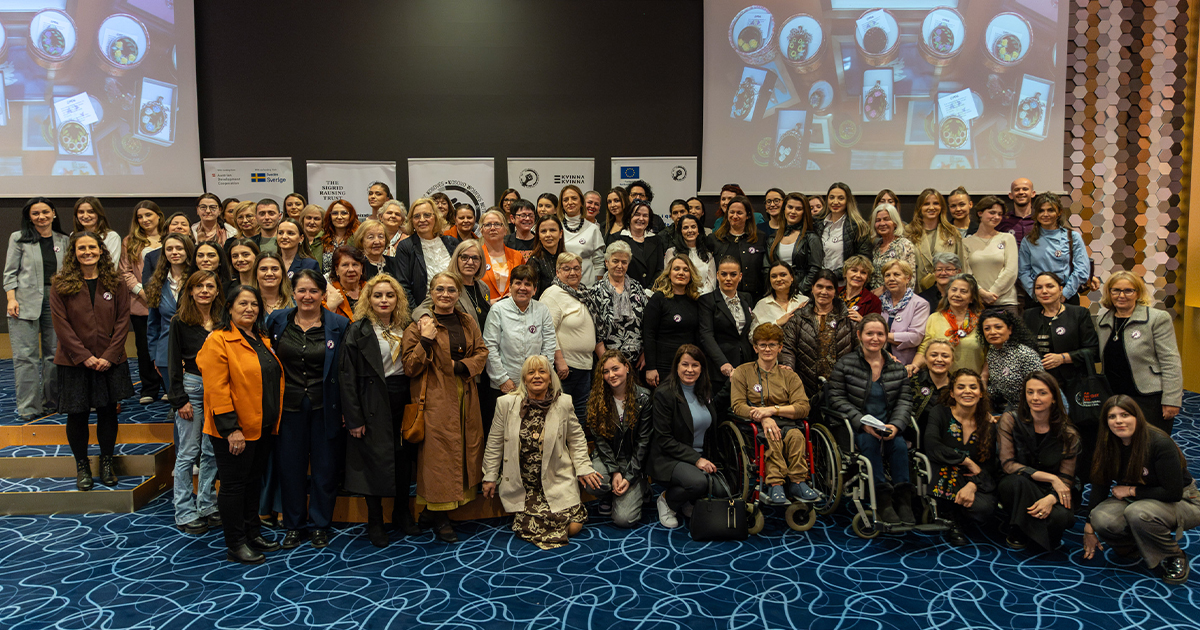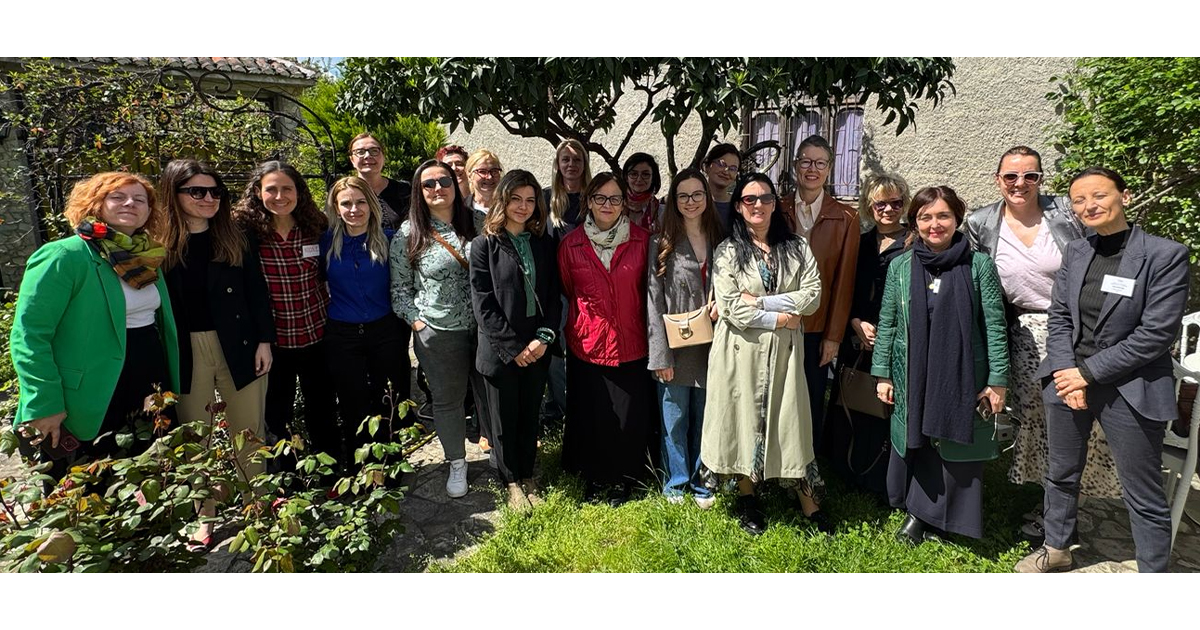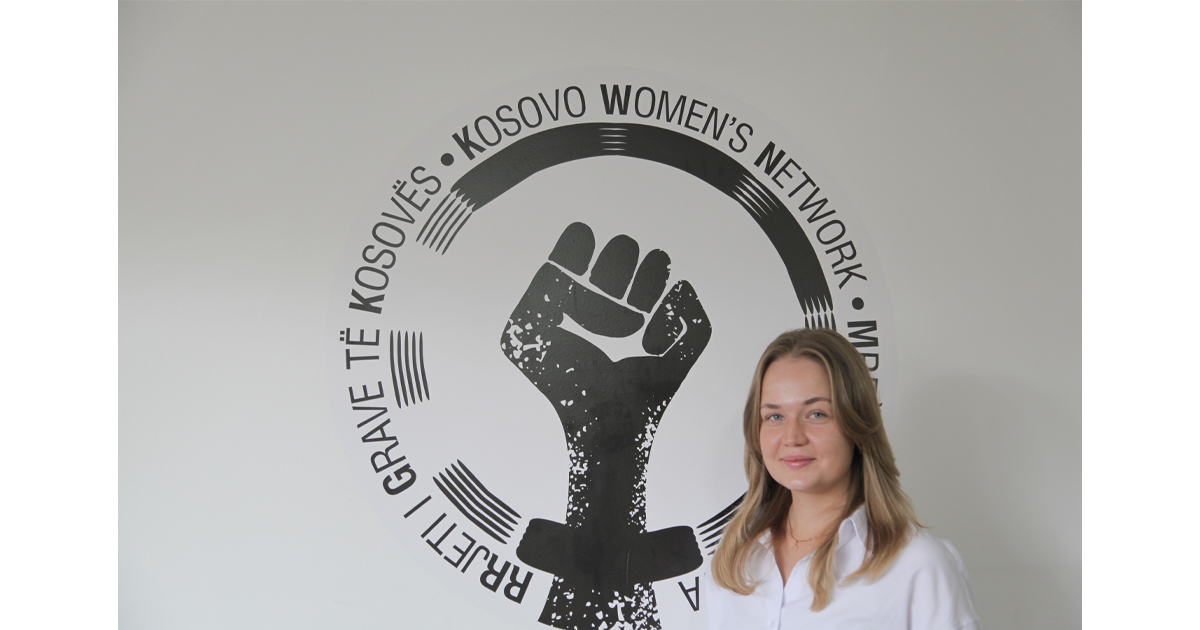On 14 December, at the Oda Theater, the Art and Community Center – Artpolis launched for the first time in Balkan’s history the first Activist Women’s Virtual Museum.
This virtual museum is presented as a digital entity that takes character of a museum, but with a more distinctive role: to Promote values ”‹”‹of the peaceful activism of women who protect human rights. This museum, which will be the first of its kind in Kosovo, will be presented in the form of an interactive platform, bringing inspirational and vital stories, pictures or videos of women activists.
The idea came from the need to have information on women’s activism in Kosovo and due to lack of information on women activists who have challenged the mentality and patriarchal system. Particularly for those reasons that history has recognized very little such women when even a single chapter was not ever dedicated to them. They are much, much more than we know them. They are not numbers; they are names that should not be forgotten.
Artpolis together with activist Fjolla Vukshinaj have initially collected 20 articles written about women from Kosovo and the Region who have fought in social disparities in various forms by engaging in empowering women’s role in patriarchal societies.
Presentation of the platform was also followed by a discussion with participating activists who also took part in writing the history of human rights, such as: the Moderator: Fjolla Vukshinaj; Panelists: Xhejrane Lokaj – Activist; Shuki Gashi – Executive Director of Partners Kosova – Center for Conflict Management/Activist, Vjollca Krasniqi – Professor at the Department of Social Affairs, University of Prishtina/ the Activist Ariana Qosaj – Mustafa – from KIPRED, Blerta Zeqiri – Director / Dramaturge, Jeta Krasniqi – KDI , Urim Ahmeti, Sherife Vukshinaj – Economist, Adelina Berisha – KWN and Halit Kadriu.
Hundreds of associates, activists, artists and women who have written the history of activism hailed the initiative. The evening was followed by a cocktail event under the sound of live music by Vala Mulliqi and Denis Rexhepi.
This initiative was supported by the Kvinna till Kvinna Foundation.
Photography: © Artpolis

